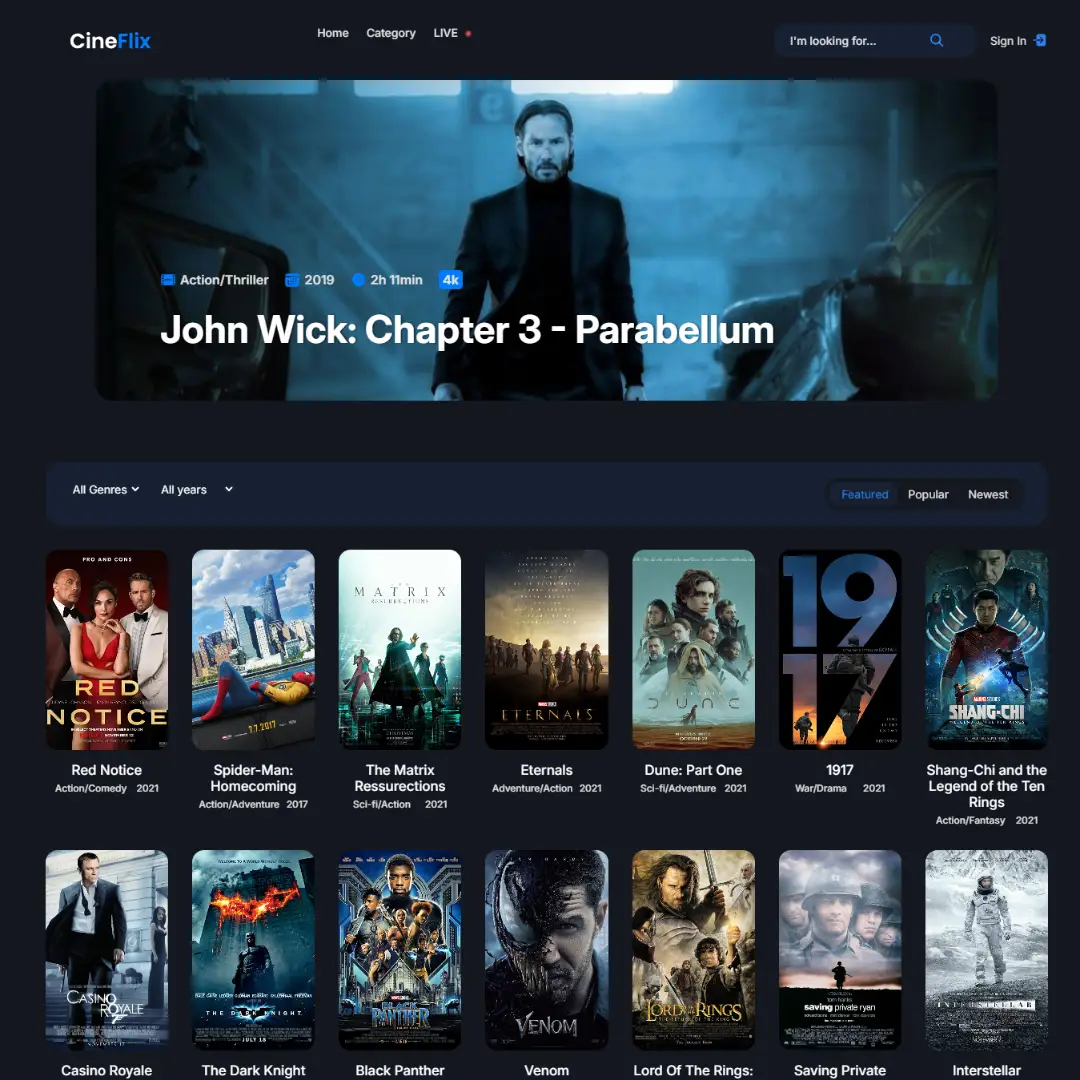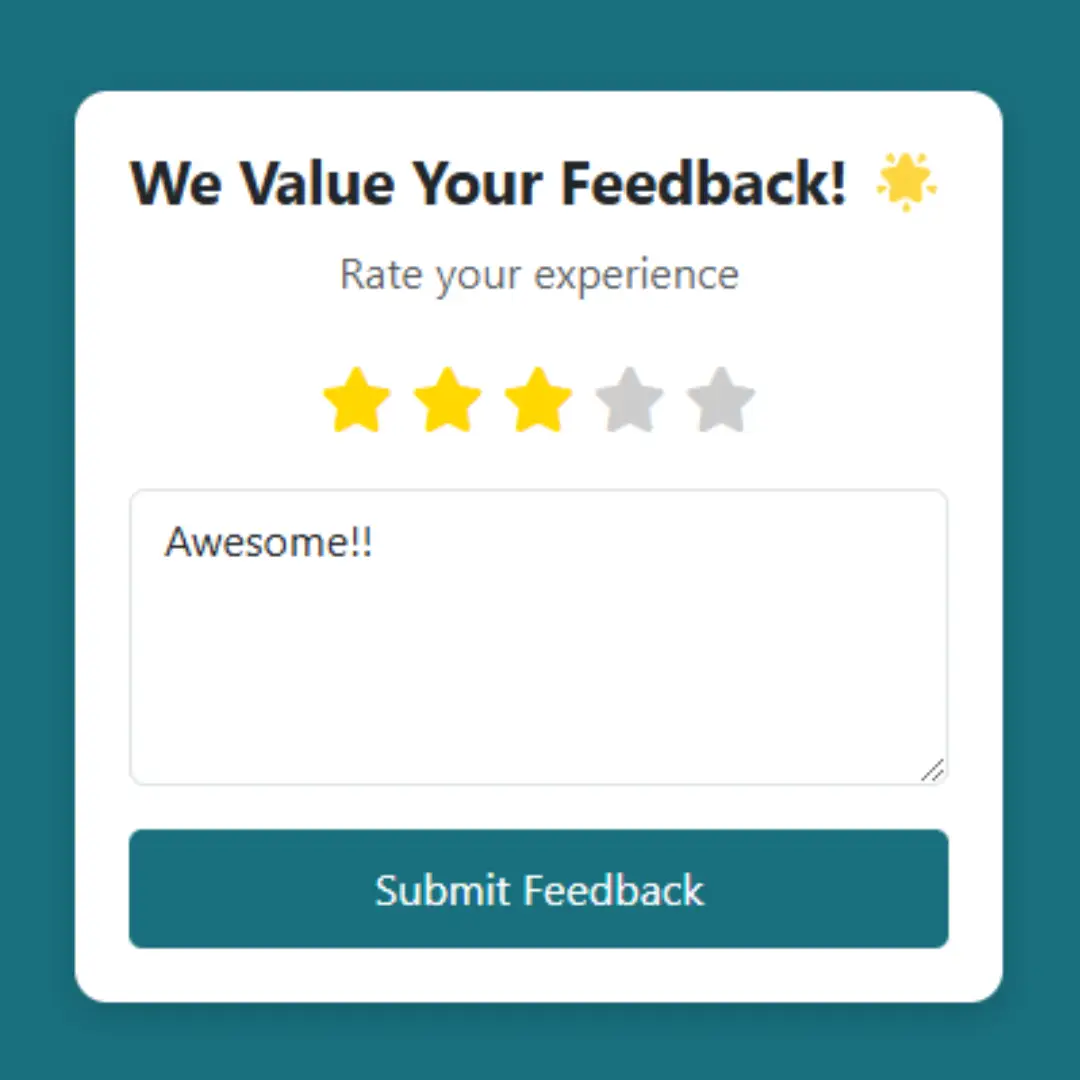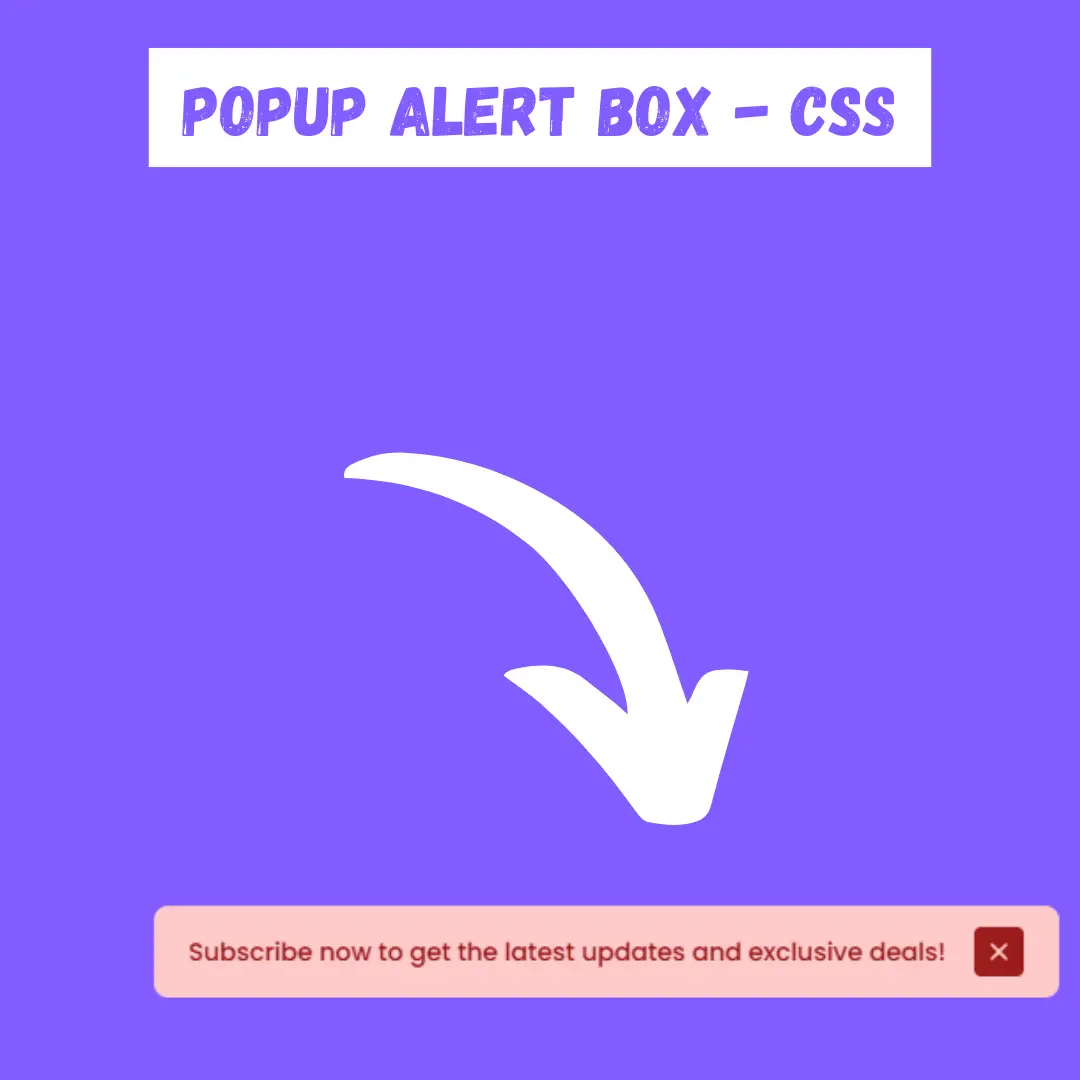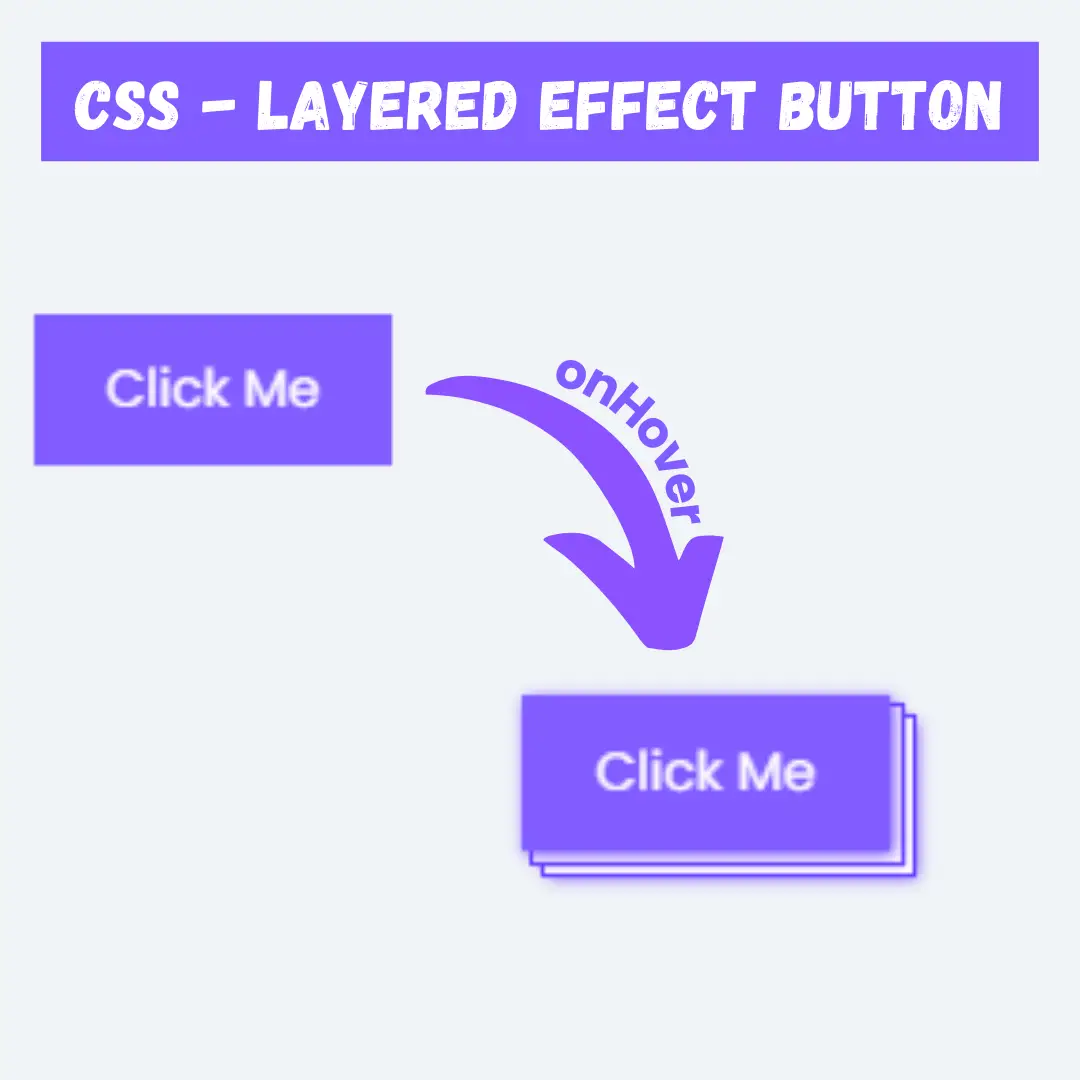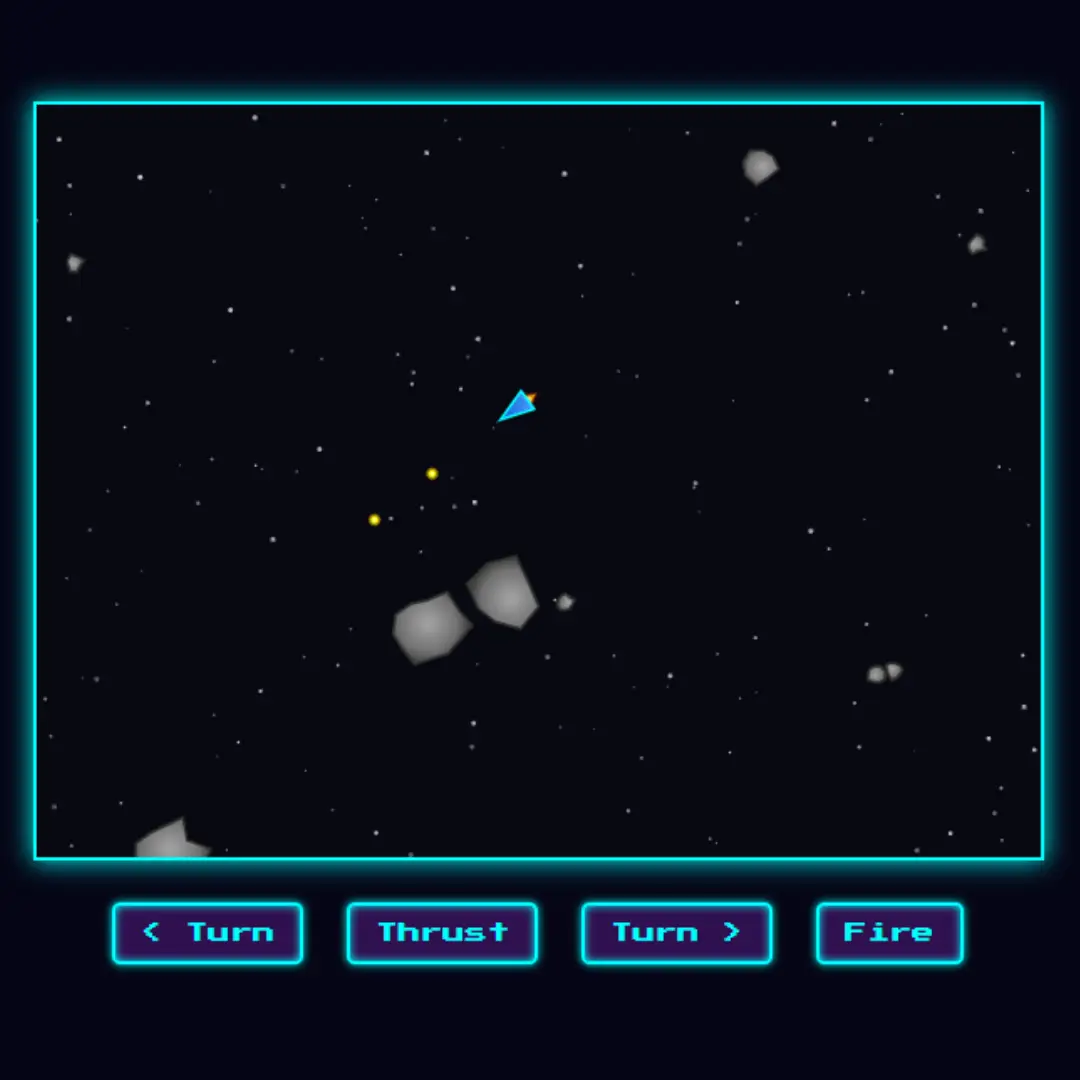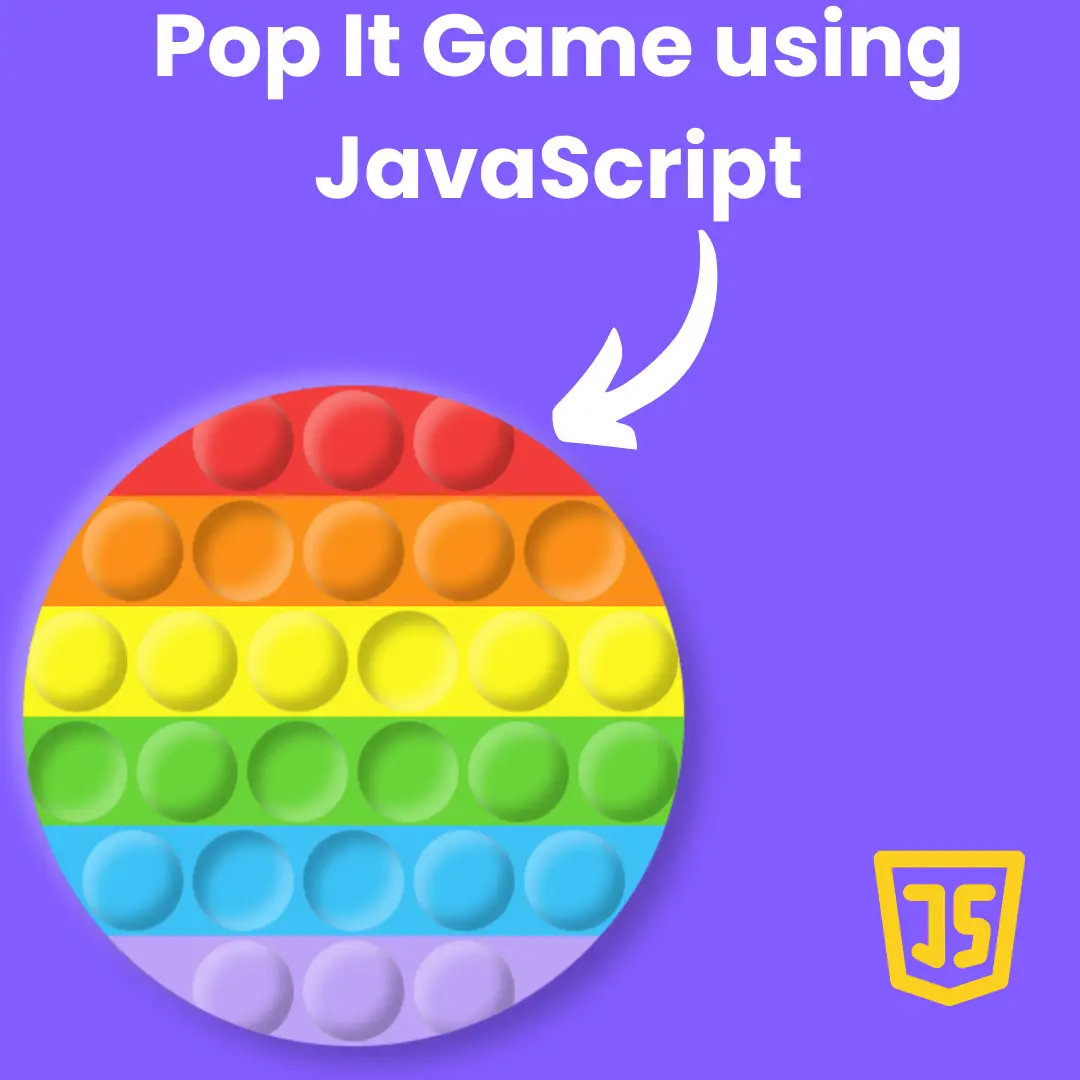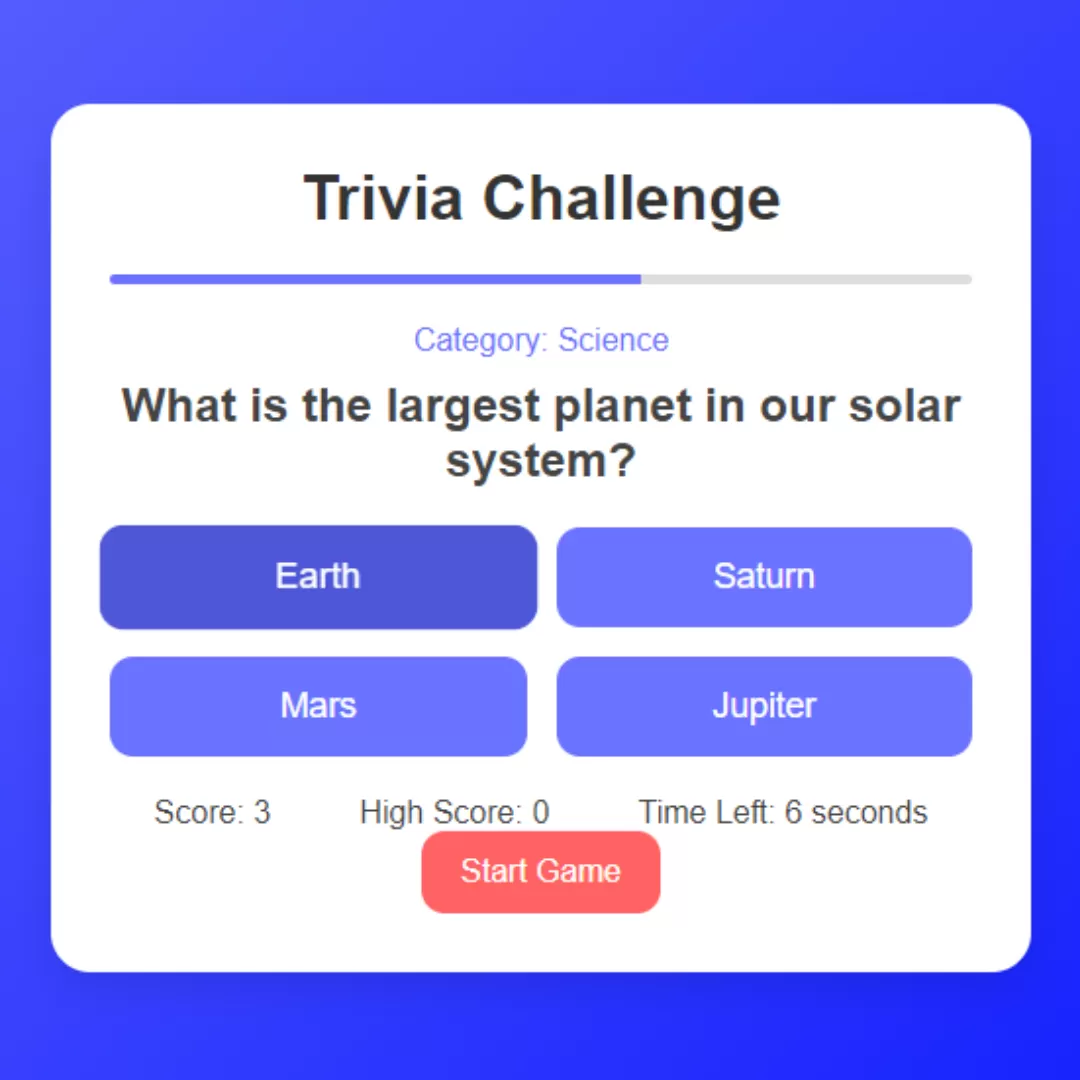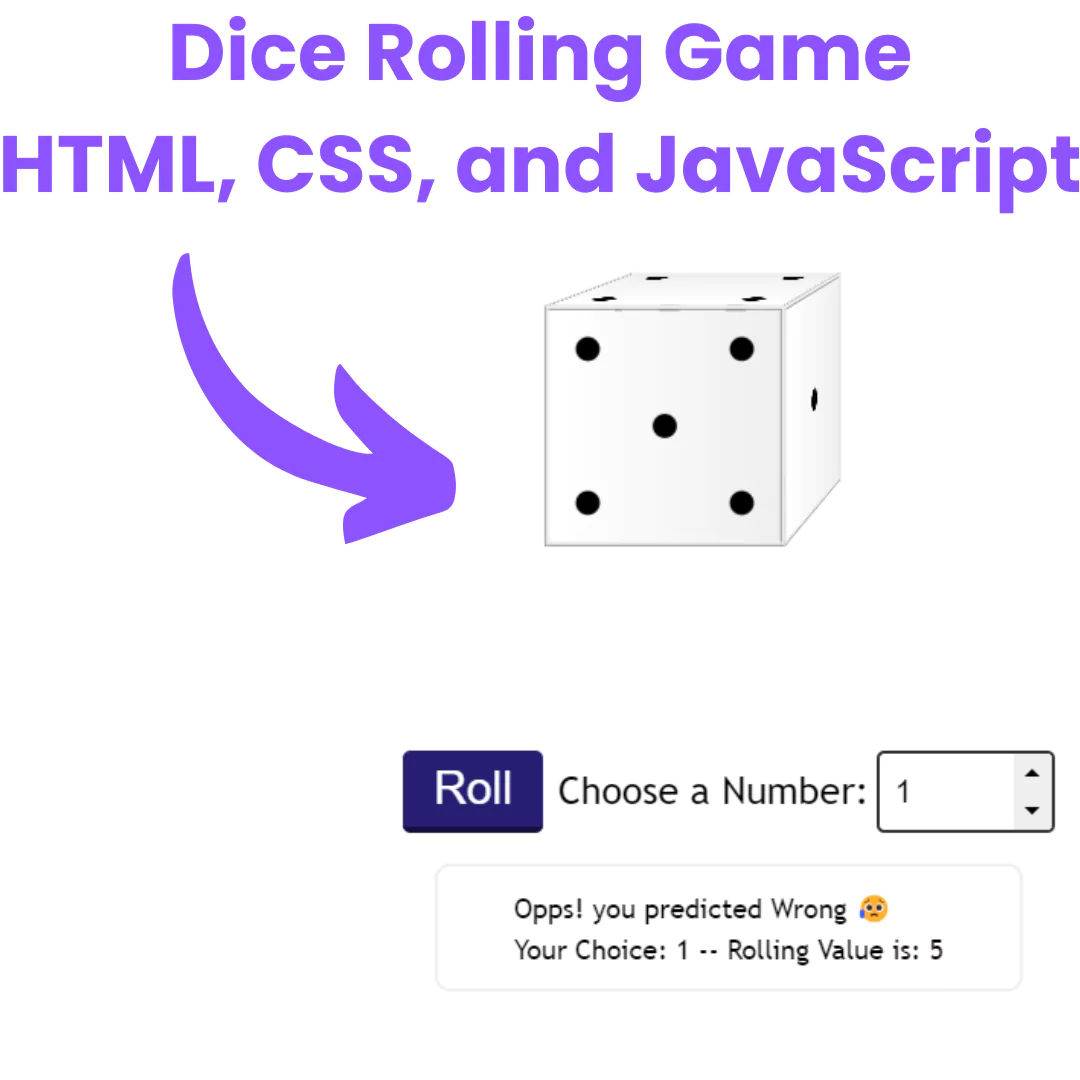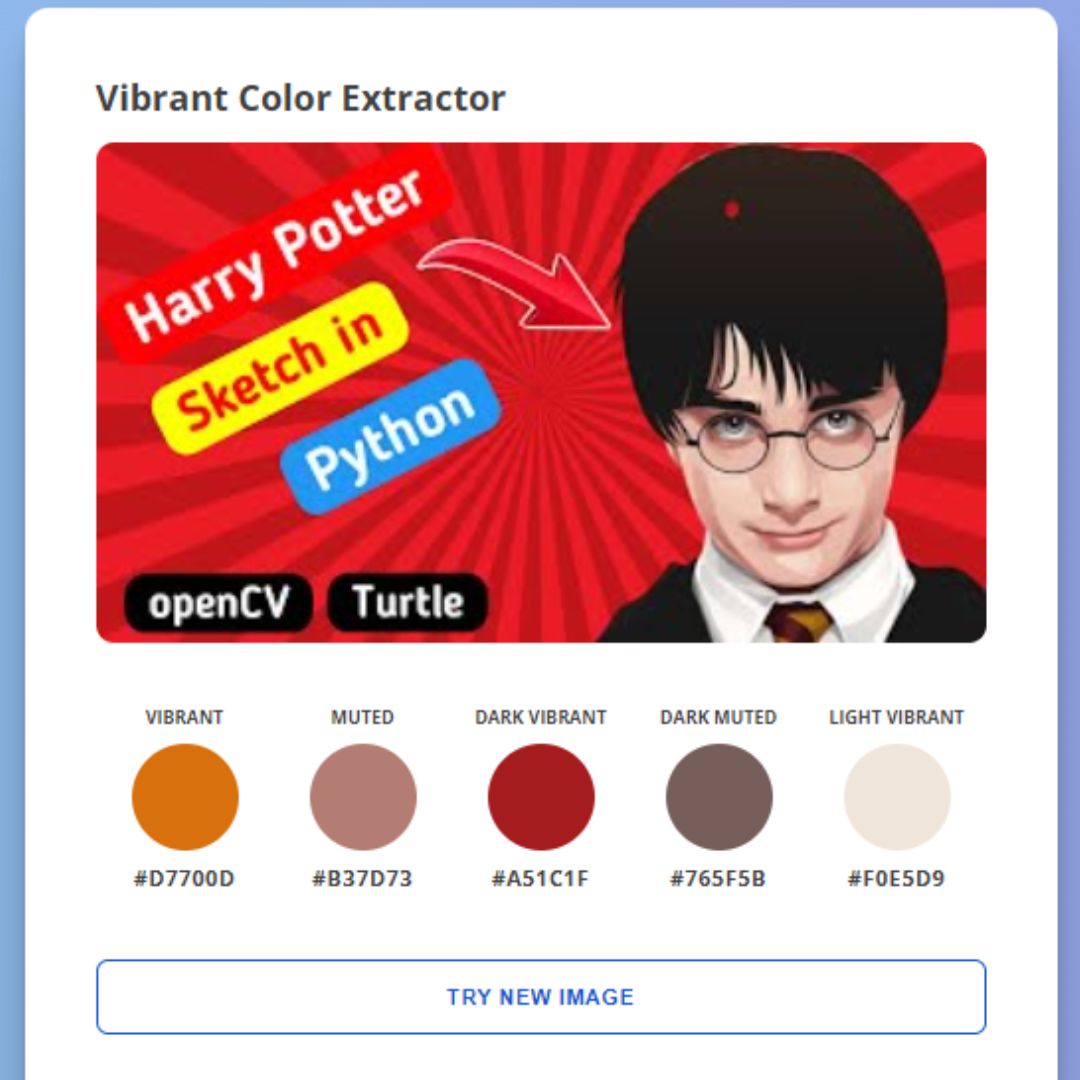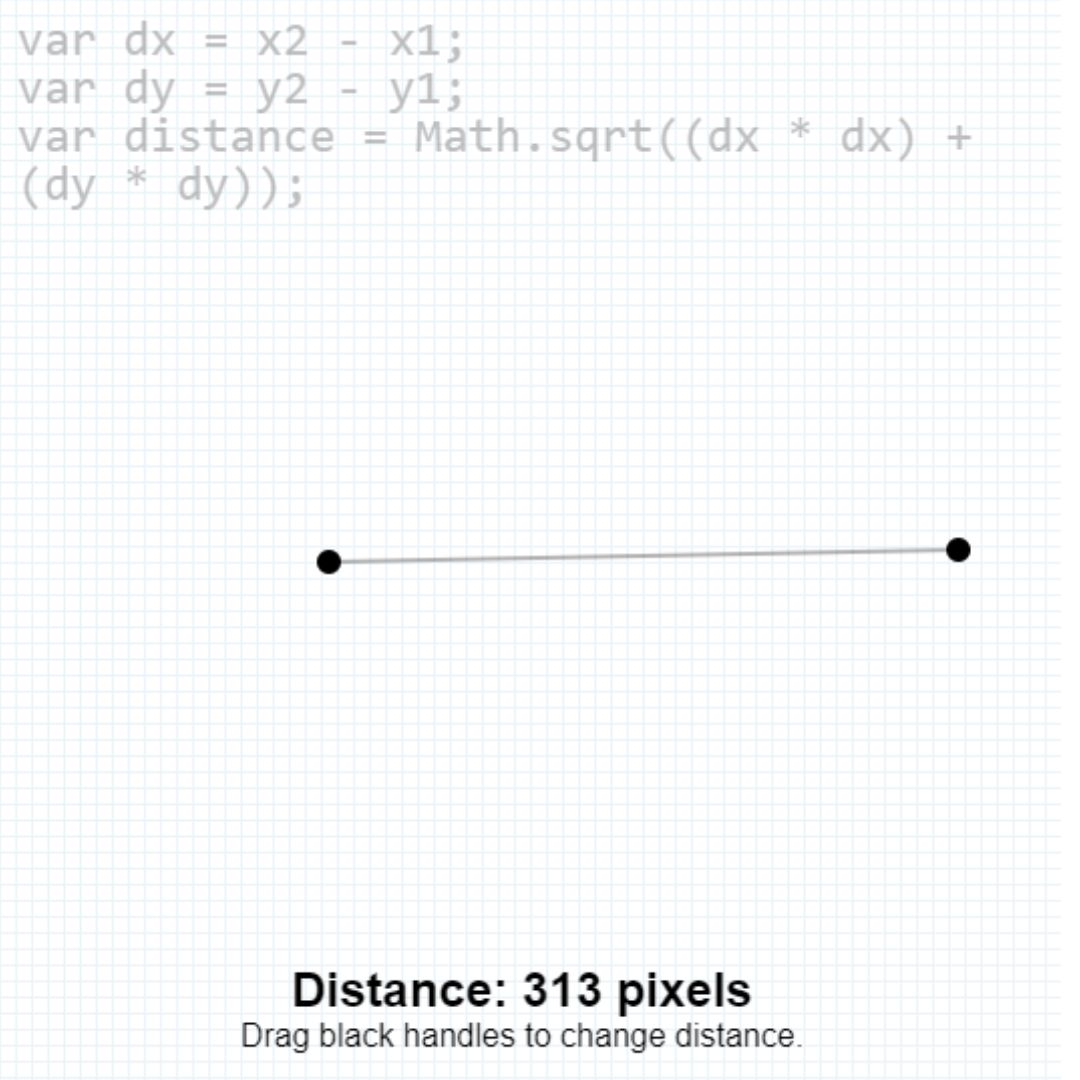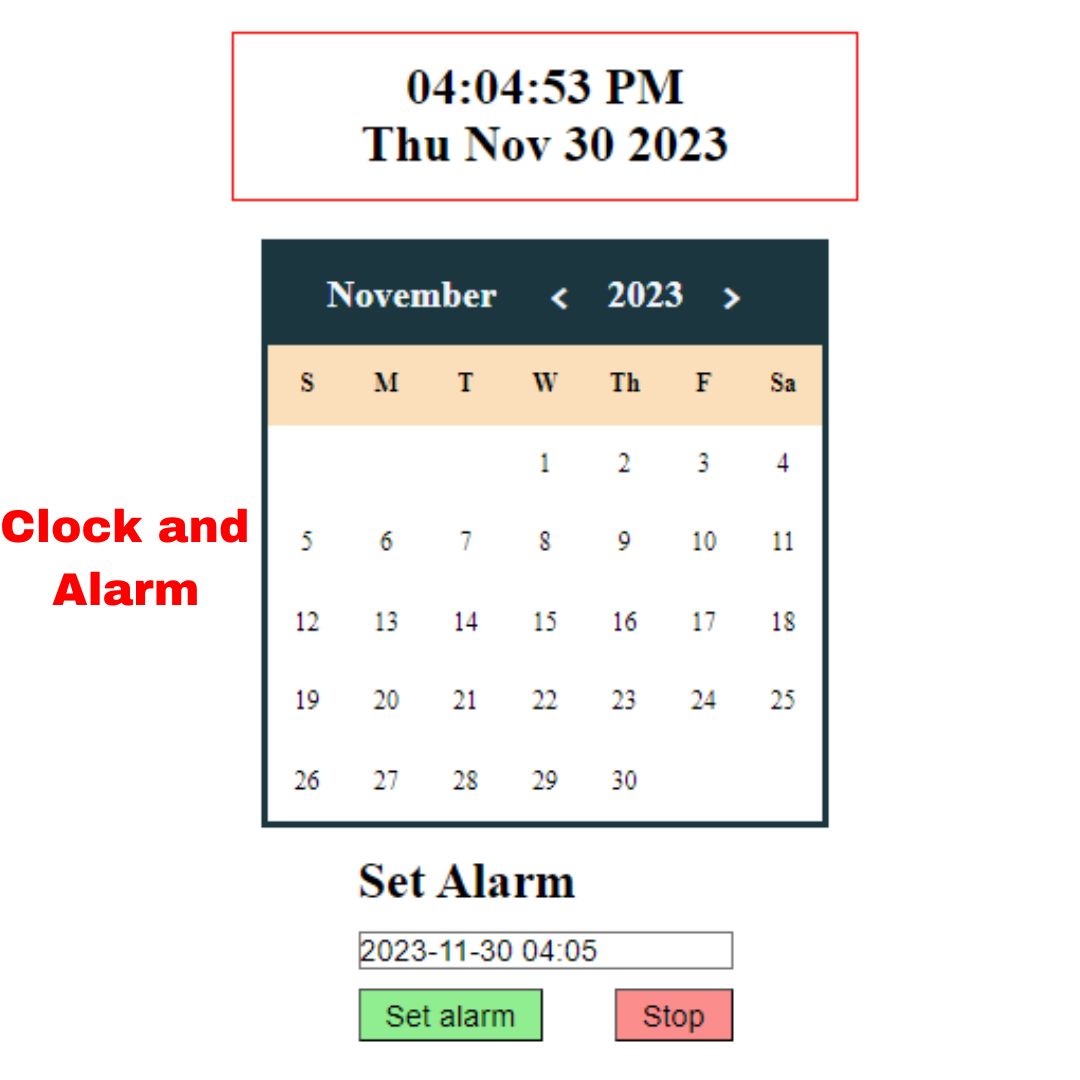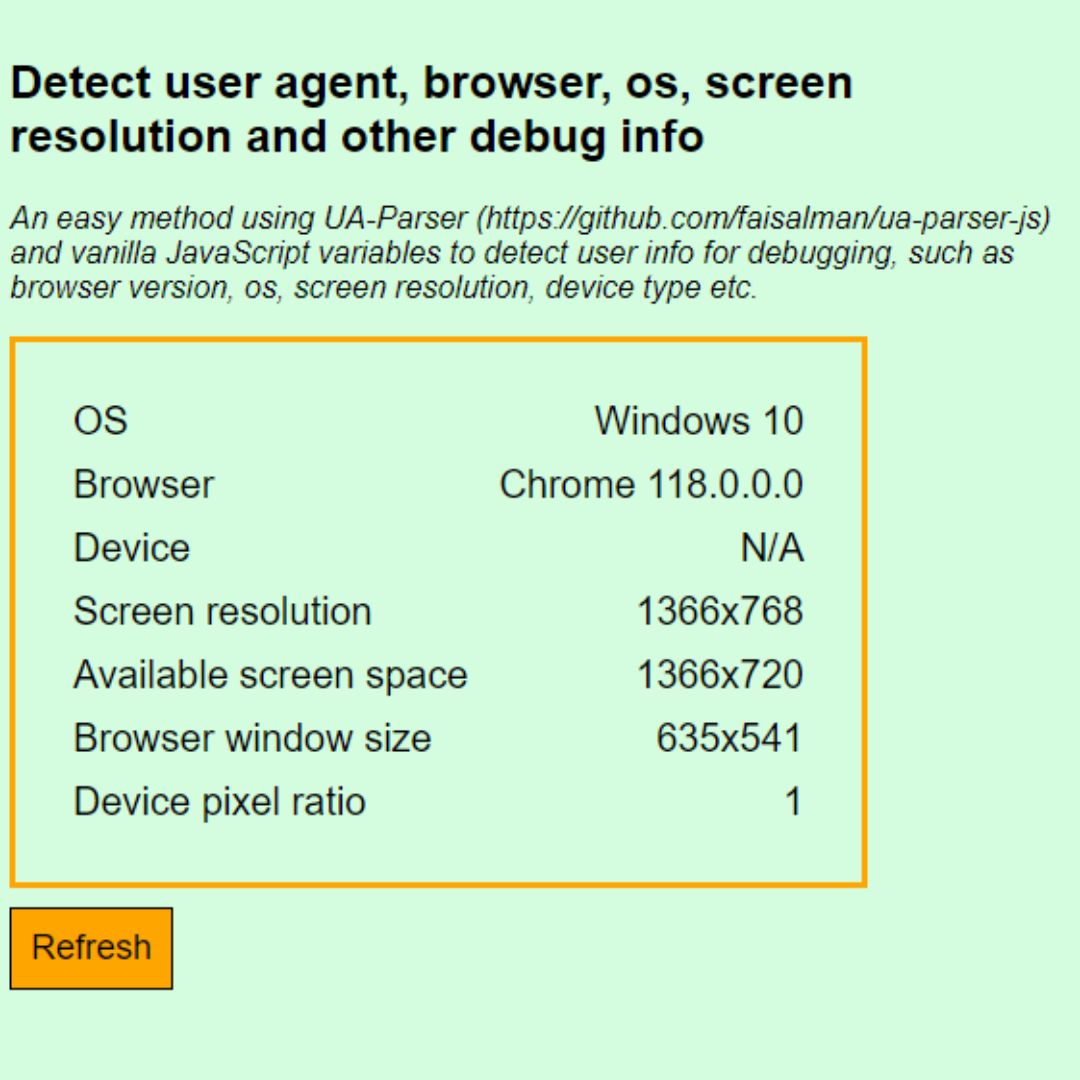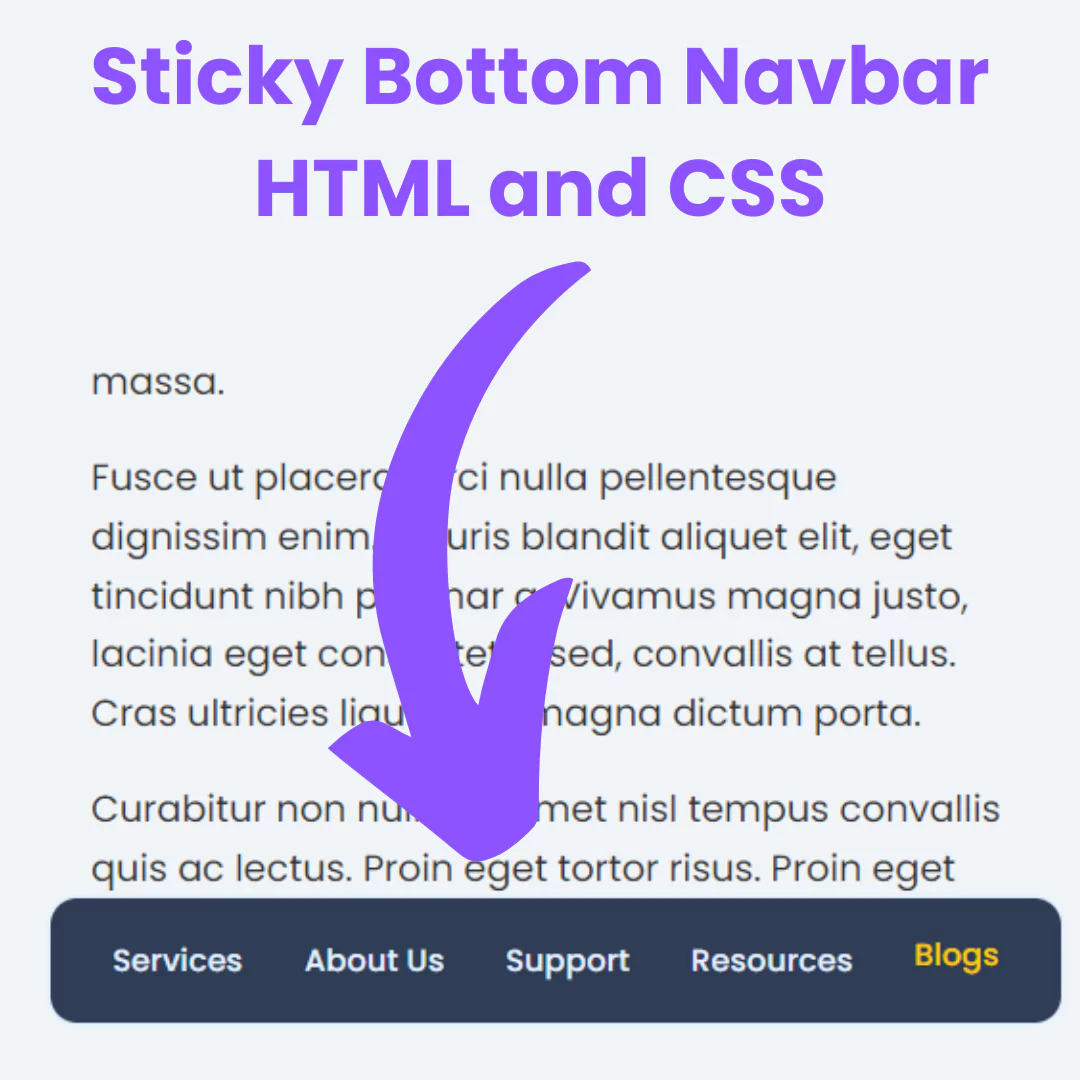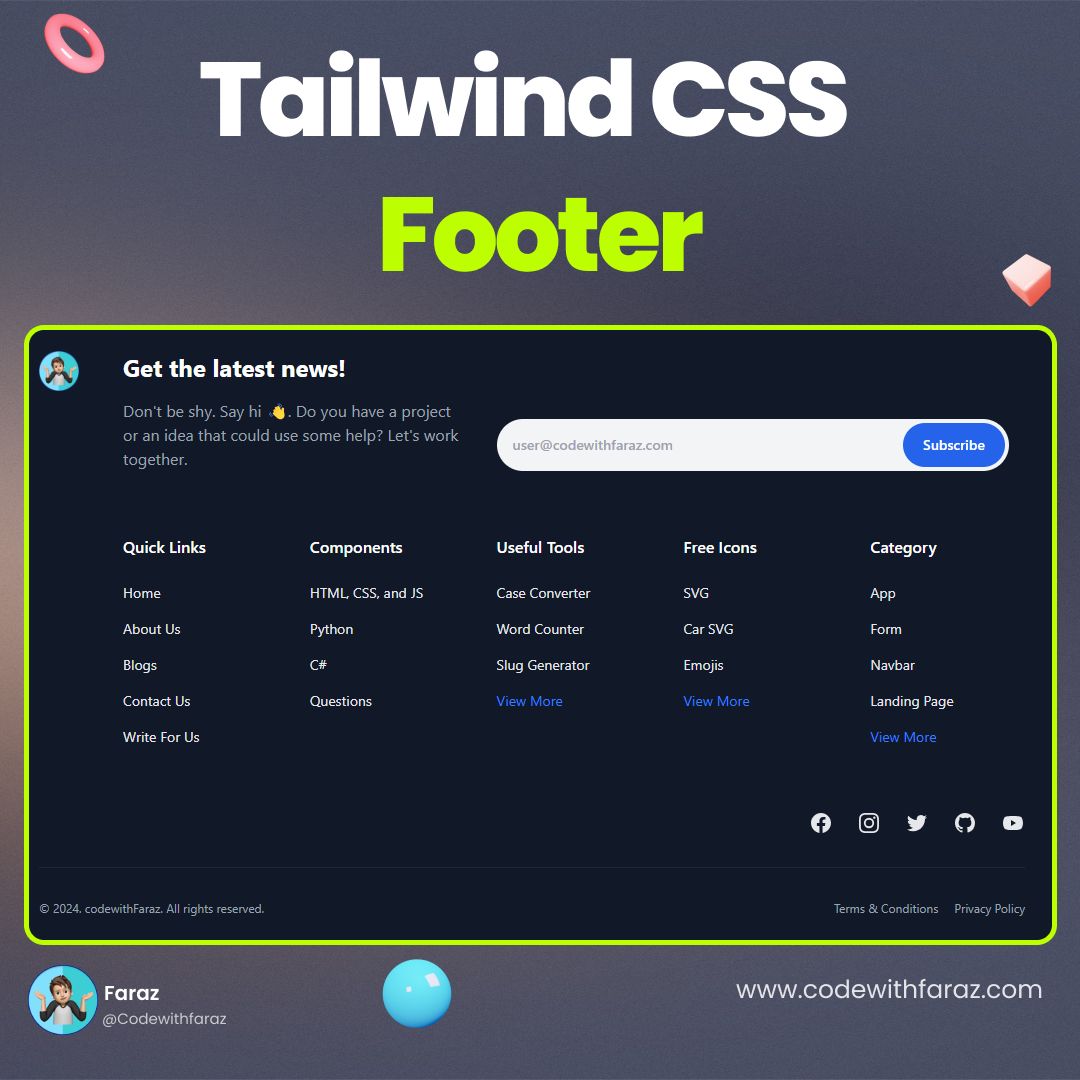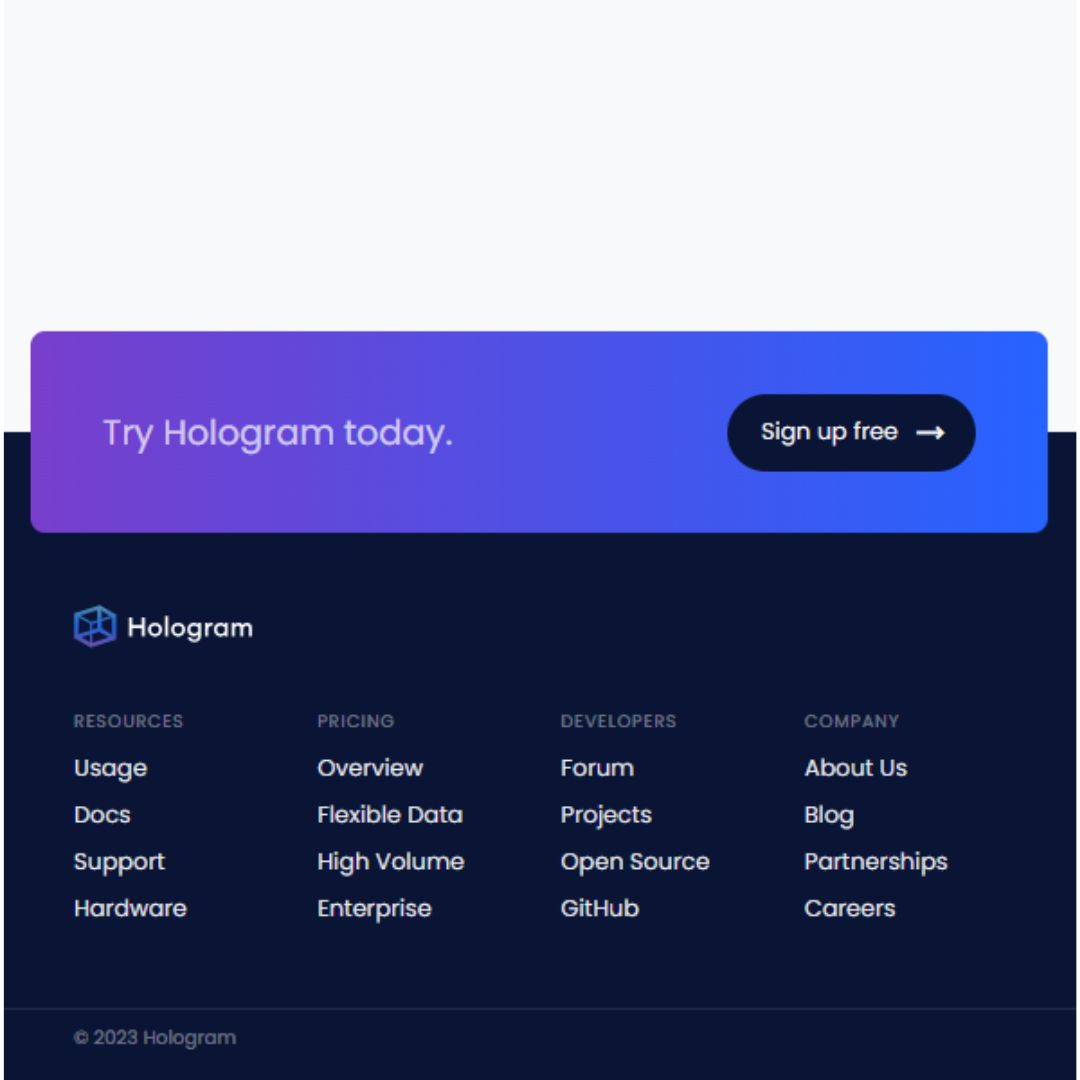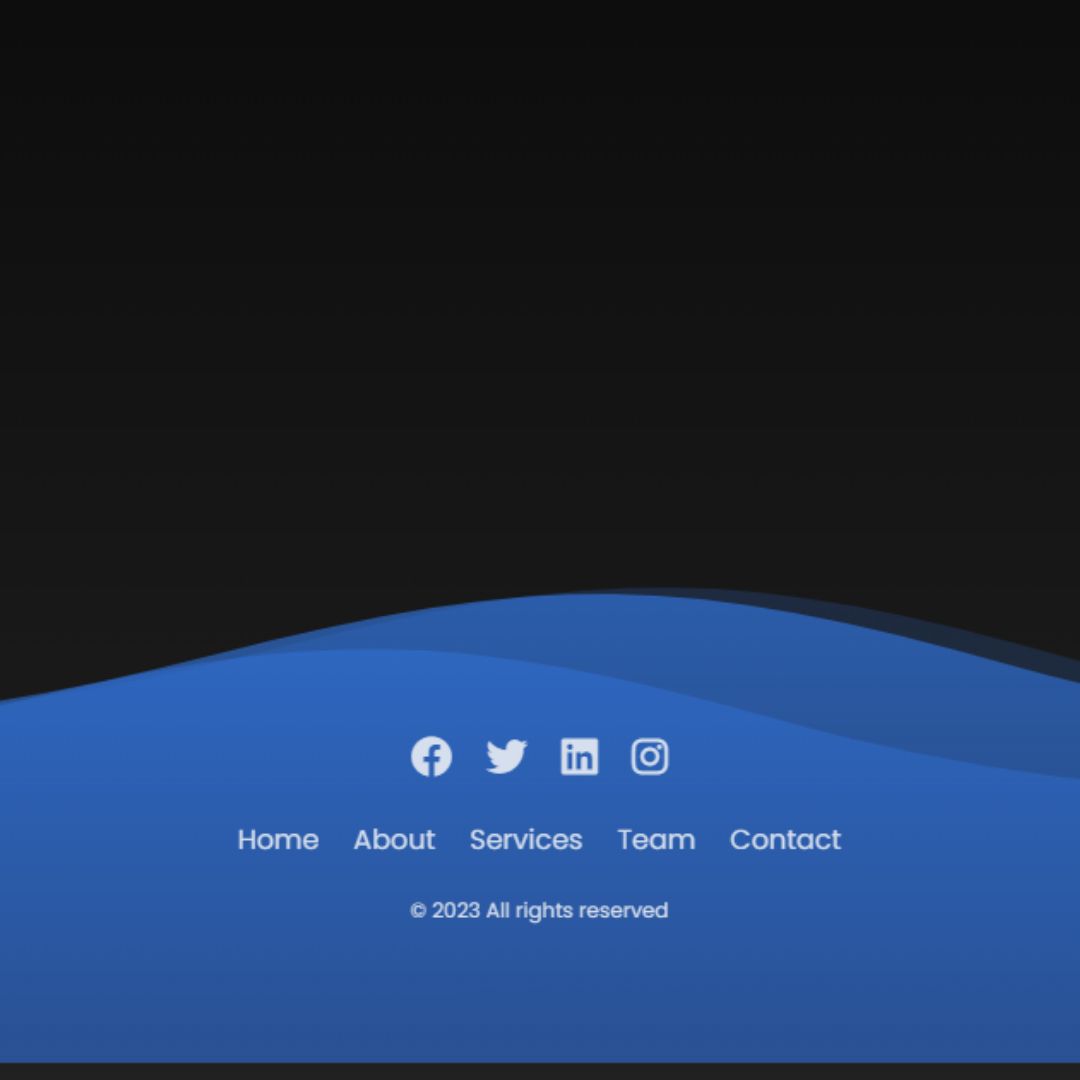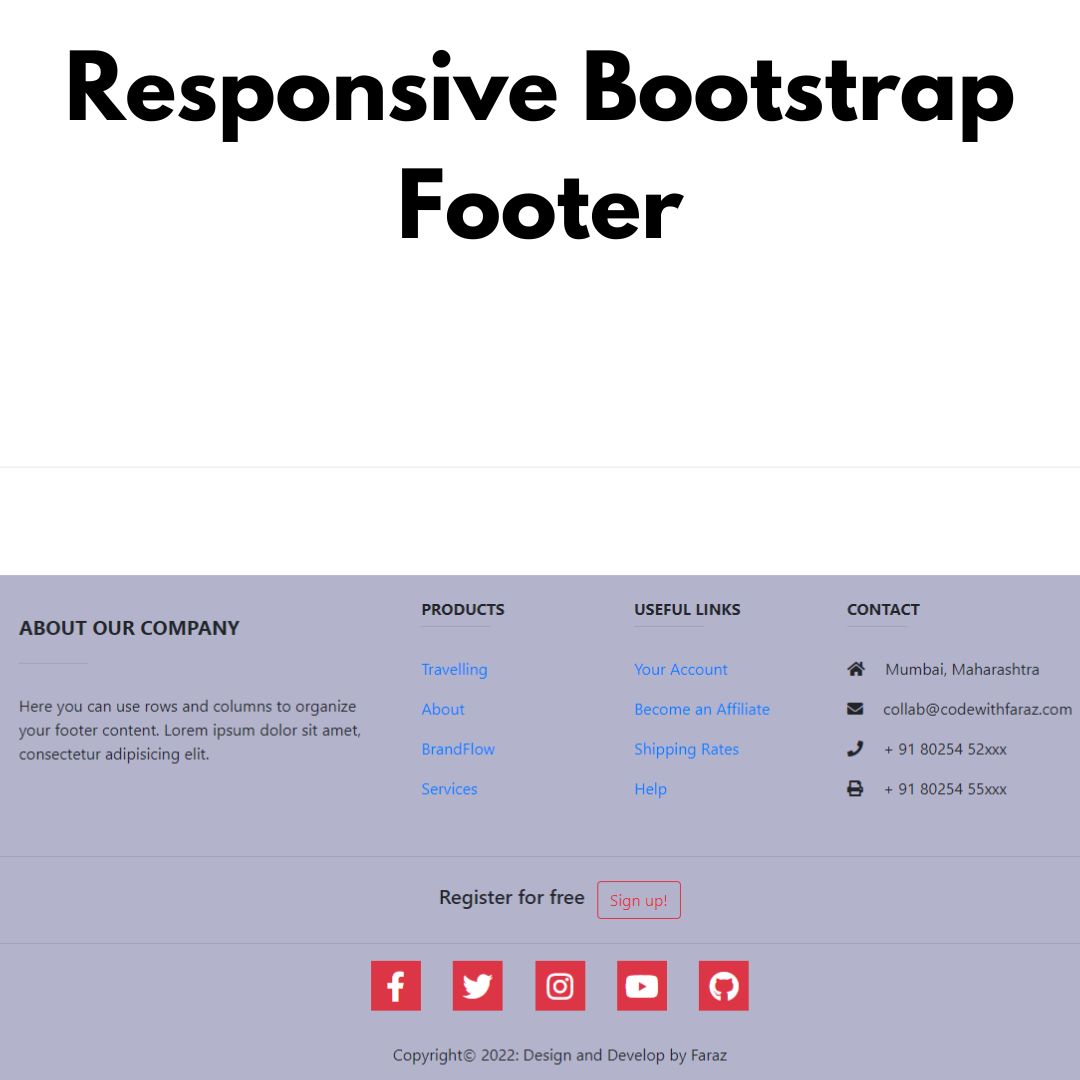Access the source code for a comprehensive Library Management System project in Java. Customize and enhance your library system efficiently.

Java has remained one of the most popular programming languages, known for its versatility and robustness in developing various applications. When it comes to managing libraries efficiently, having access to the source code can be immensely beneficial. In this article, we'll explore the significance of downloading library management system source code in Java and provide a comprehensive guide to acquiring it.
Table of Contents
- Introduction to Library Management Systems
- What is a Library Management System?
- Key Features of a Library Management System
- How to Download Library Management System Source Code in Java
- Installing Java Development Kit (JDK)
- Setting Up Integrated Development Environment (IDE)
- Understanding the Structure of Source Code
- Customizing the Source Code
- Learning from Source Code
- Conclusion
- Download the Source Code
- Frequently Asked Questions (FAQs)
1. Introduction to Library Management Systems
Library management systems play a crucial role in organizing and maintaining libraries' resources, including books, journals, and digital materials. With the advancement of technology, manual methods of library management have been replaced by automated systems, ensuring streamlined operations and improved user experience.
2. What is a Library Management System?
A Library Management System is a software solution designed to handle the functions of a library. It streamlines operations related to cataloging, circulation, acquisitions, and more. LMS aims to automate processes, reduce manual efforts, and enhance user experience.
3. Key Features of a Library Management System
- Cataloging and Classification: LMS allows librarians to organize books and other materials efficiently. It includes features for adding, editing, and deleting records in the library catalog.
- Circulation Management: Facilitates the lending and returning of books by maintaining borrower records, due dates, and fine calculations.
- User Management: Enables librarians to manage user accounts, including registration, login, and profile updates. It may also incorporate features like reservation and renewal of books.
- Reporting and Analytics: Provide insights into library usage, circulation trends, popular titles, and overdue materials through customizable reports.
- Integration Capabilities: LMS can integrate with other systems such as RFID technology for efficient book tracking, online databases for expanded resources, and payment gateways for fine collection.
4. How to Download Library Management System Source Code in Java
To download library management system source code in Java, follow these simple steps:
- Locate the download button.
- Click on the download button to initiate the download process.
- Once the download is complete, extract the source code files to a designated folder on your computer.
5. Installing Java Development Kit (JDK)
Before running Java programs, ensure that you have the Java Development Kit (JDK) installed on your system. JDK includes the Java Runtime Environment (JRE), compiler, and other tools necessary for Java development.
6. Setting Up Integrated Development Environment (IDE)
For efficient Java development, it is recommended to use an Integrated Development Environment (IDE) such as Eclipse, IntelliJ IDEA, or NetBeans. These IDEs offer features like code autocompletion, debugging, and project management, enhancing productivity.
7. Understanding the Structure of Source Code
LMS source code typically consists of multiple files organized into packages and classes. Understanding the structure of the source code is essential for navigating and making modifications effectively.
8. Customizing the Source Code
Developers can customize the source code according to their requirements by modifying existing functionalities or adding new features. However, it is crucial to maintain code integrity and adhere to best practices to ensure the system's stability and reliability.
9. Learning from Source Code
Studying and analyzing source code can significantly contribute to developers' learning and skill enhancement. By dissecting the code, developers can grasp advanced programming concepts, design patterns, and implementation strategies.
10. Conclusion
In conclusion, the availability of library management system source code in Java opens up a world of possibilities for libraries seeking to modernize their operations. By harnessing the power of technology, librarians can streamline workflows, enhance user experience, and better serve their communities.
11. Download the Source Code
Click on the download button to initiate the download process of the Library Management System source code.
Download Code12. Frequently Asked Questions (FAQs)
Q1. Can I modify the downloaded source code for commercial use?
Yes, you can modify the source code for commercial use, provided you adhere to the project's licensing terms and conditions.
Q2. Is it necessary to have prior programming experience to understand the source code?
While prior programming experience can be beneficial, beginners can also learn from studying and analyzing the source code with dedication and perseverance.
Q3. Are there any prerequisites for downloading and running Java programs?
Yes, you need to have Java Development Kit (JDK) installed on your system to compile and execute Java programs successfully.
Q4. How can I contribute to open-source library management system projects?
You can contribute to open-source projects by submitting bug reports, feature requests, or even contributing code improvements via pull requests on the project's repository.
Q5. Where can I find additional resources for learning Java programming?
You can explore online tutorials, books, and courses dedicated to Java programming available on various platforms such as Coursera, Udemy, and Codecademy.
That’s a wrap!
Thank you for taking the time to read this article! I hope you found it informative and enjoyable. If you did, please consider sharing it with your friends and followers. Your support helps me continue creating content like this.
Stay updated with our latest content by signing up for our email newsletter! Be the first to know about new articles and exciting updates directly in your inbox. Don't miss out—subscribe today!
If you'd like to support my work directly, you can buy me a coffee . Your generosity is greatly appreciated and helps me keep bringing you high-quality articles.
Thanks!
Faraz 😊
.jpg)




